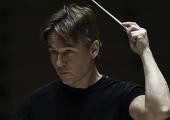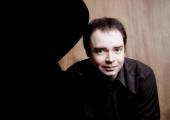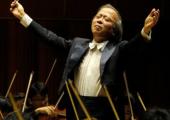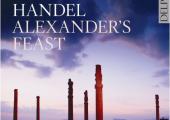Rostropovich: The Genius of the Cello, BBC Four
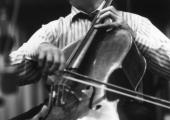
Life force incarnate: former cellist-pupils, friends and family react to his performances in John Bridcut's great documentary
How can even a generously proportioned documentary do justice to one of the musical world’s greatest life forces? John Bridcut knows what to do: make sure all your interviewees have a close personal association with your chosen giant in one of his many spheres of influence, then get cellist-disciples from Rostropovich’s Class 19 in the Moscow Conservatoire – here Moray Welsh, Natalia Gutman, Karine Georgian and Elizabeth Wilson - to watch and listen to their mentor talking and playing. The result is a towering model of its kind.

